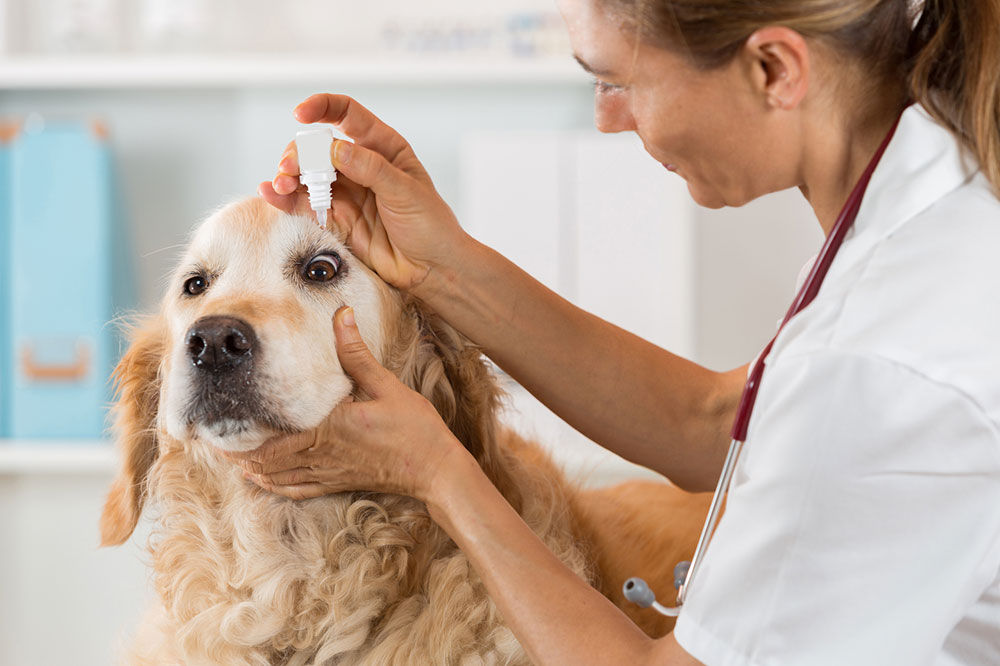Essential Facts About Dog Food Allergies for Pet Owners
Discover essential insights into dog food allergies, including symptoms, common triggers, and effective management strategies. Learn how diet changes and veterinary testing can help alleviate your dog’s allergic reactions and improve their quality of life.

Many dog owners have tried various grooming products, shampoos, and medications to soothe their pet's persistent itching and biting, yet the problem persists. Have you considered that your dog’s diet might be the cause?
Similar to humans, dogs can develop food sensitivities and allergies at any age. These can cause symptoms like intense itching, swelling, and irritation. Recognizing these signs is crucial for proper treatment.
Common symptoms of dog food allergies:
Itchy skin: Allergic dermatitis often causes itching on areas like ears, paws, abdomen, or face.
Hives: Red, itchy bumps known as urticaria can appear within 6-24 hours after ingestion of allergenic foods, especially visible on short-haired dogs.
Stomach issues: Vomiting, diarrhea, and gas are typical gastrointestinal reactions.
Swelling: Lips, eyelids, or ears may swell due to allergic reactions.
Paw infections: Recurrent infections in paws or ears might indicate food sensitivities.
Identifying allergens:
Understanding the difference between food allergies and sensitivities is key. True allergies trigger immediate immune responses. Common allergens include chicken, beef, and dairy products, while grains like corn, wheat, rice, barley, and oats are less frequently involved.
Managing dog food allergies:
Allergy testing: Veterinary tests help pinpoint specific food triggers; this process can be lengthy but effective.
Elimination diet: Under vet supervision, feeding a specialized diet helps identify and eliminate problematic ingredients, offering a successful management strategy.
Medications: For persistent symptoms, your vet may prescribe medications to alleviate discomfort.
Disclaimer: Our blog provides diverse information based on research, but it should not replace professional veterinary advice. Always consult your vet for diagnosis and treatment options, as information may vary.










